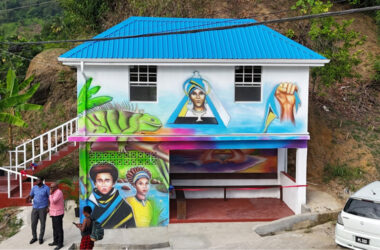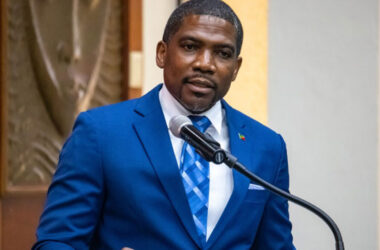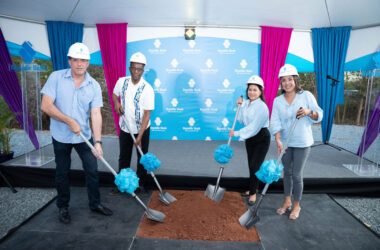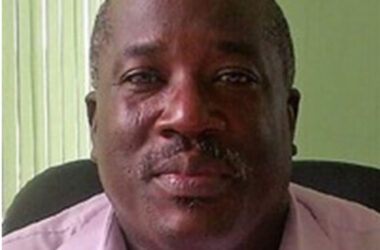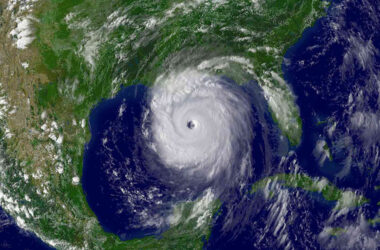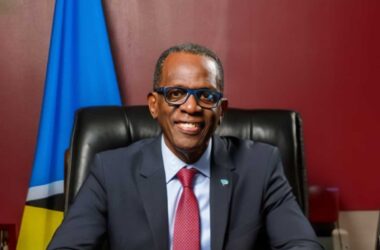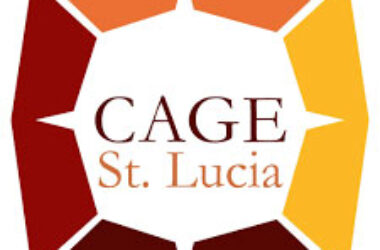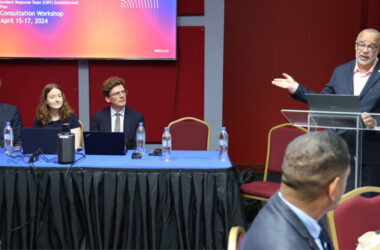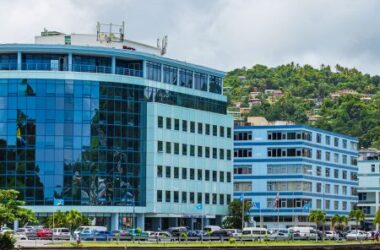A cursory glance at the global Human Development Index (HDI) 2023/2024 – projected to reach record highs after a steep decline after the COVID-19 pandemic – might suggest that the world is on a positive trajectory. However, if we move beyond averages, we observe that progress in human development has been unequal, slow, and incomplete. Rising inequality compounds the loss of trust in institutions and high polarization, which decreases our ability to take collective action. The result is a dangerous gridlock that must be urgently tackled through cooperation, according to the 2023/24 Human Development Report (HDR), titled “Breaking the Gridlock: Reimagining Cooperation in a Polarized World”, released today by the United Nations Development Programme (UNDP).
In the case of Latin America and the Caribbean (LAC), the data show contrasts and heterogeneity characteristic of the region. LAC is the region that experienced the sharpest drop in the Human Development Index (HDI) in 2020-2021, and while it significantly improved in 2022, it failed to reach pre-pandemic levels of progress.
“The widening human development gap revealed by the report shows that the two-decade trend of inequality reduction between wealthy and poor nations is now reversed. Despite our deeply interconnected global societies, we are falling short. We must leverage our interdependence as well as our capacities to address our shared and existential challenges and ensure people’s aspirations are met,” said Achim Steiner, head of the UN Development Programme. “This gridlock carries a significant human toll. The failure of collective action to advance efforts on climate change, digitalization, poverty, and inequality not only hinders human development but also worsens polarization and further erodes trust in people and institutions worldwide.”
The report argues that advancing international cooperation is hindered by an emerging ‘democracy paradox’. Worldwide – and in LAC – 9 in 10 people value democracy. However, there is an increasing dissatisfaction with democracy in the region, particularly among women and vulnerable populations. The region is also experiencing the most rapid rise in political polarization in the world and, according to Latinobarómetro, trust in institutions has decreased significantly to close to 20%. That is, only 1 in 5 people expressed trust in their government.
The report puts forward bold ideas for action to build global cooperation. These include pushing back on polarization, closing the agency gap, and investing in global public goods. “While these ideas might seem audacious, and perhaps, unreachable in a context of deep polarization, this is what Human Development Reports are meant to do – plant the seeds of ideas that have the potential to change the development paradigm putting people at the centre,” said Michelle Muschett, Assistant Administrator and Regional Director of UNDP for Latin America and the Caribbean. “This Human Development Report is an invitation to look forward and reimagine cooperation to face the interconnected challenges that threaten our world. There is no other way to get out of the gridlock.”



